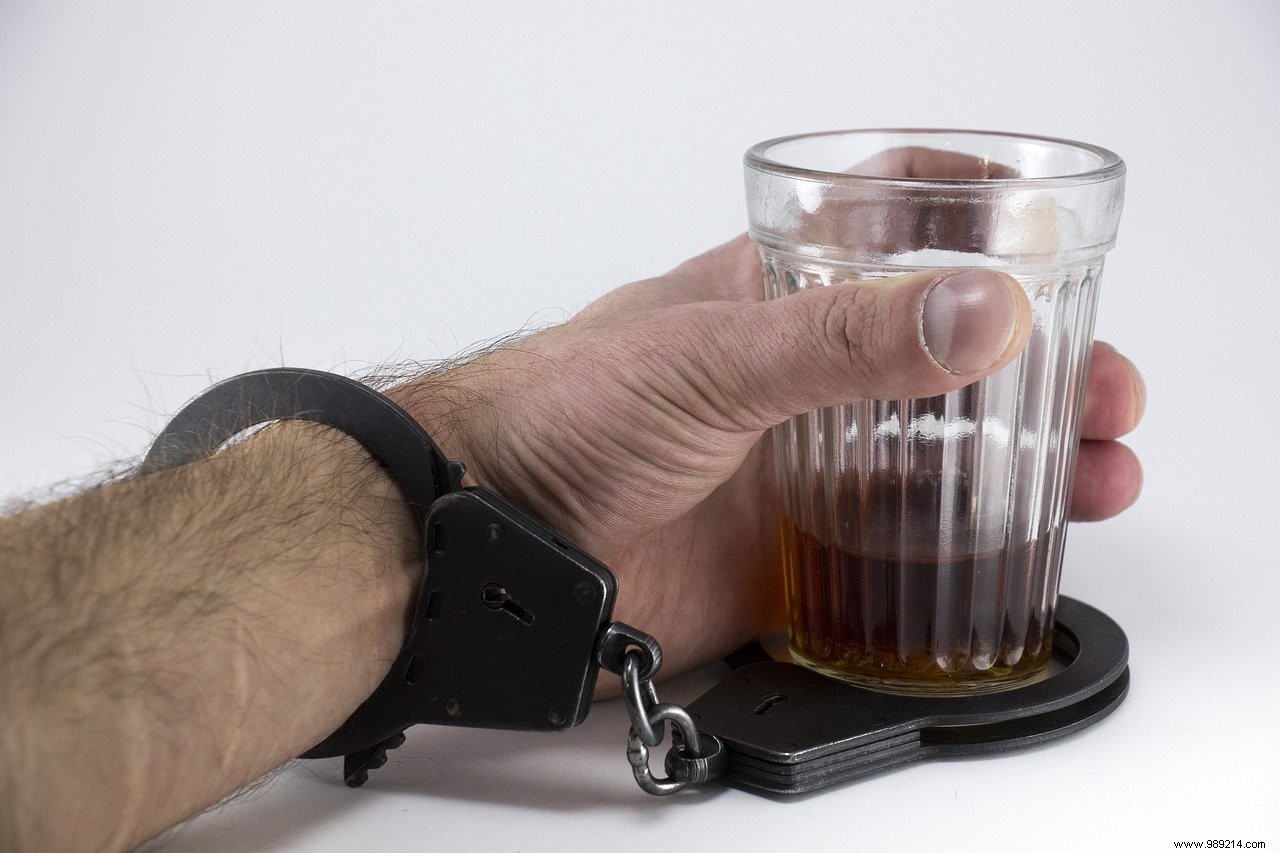Alcohol is one of the scourges of our society. It kills millions of people around the world each year. Also, an Australian addiction expert recently delivered a guide to reducing your own alcohol consumption. The first step is none other than knowing your level of dependence.
According to a 2018 WHO publication, alcohol abuse kills more than three million people every year . This represents approximately 5% of the global disease burden. In addition, it should be noted that the Covid-19 pandemic has impacted consumption habits. Thus, support requests aimed at reducing or even stopping alcohol consumption have increased. In this context, reducing consumption is obviously more than desirable.
However, an article in The Conversation published on March 28, 2022 gave the floor to Nicole Lee, professor at the National Drug Research Institute in Melbourne (Australia). She discussed the different techniques to achieve this goal. The first logical step is to be aware of your addiction and certain details are just as many clues. For example, having trouble limiting yourself to just one drink is one of those clues. Another example is the onset of withdrawal symptoms after a day or two of fasting. In addition, there are online tests which allow this dependence to be assessed, such as the Alcohol Use Disorders Identification Test.

After learning about your addiction, you can adapt your reaction. In the case of a highly dependent person, it is advisable to consult a specialist. The objective is indeed to avoid a too sudden cessation of consumption which could be hazardous to health. Nicole Lee, for example, mentions the risk of convulsions or even death. With follow-up, the total cessation of alcohol can last between six months and a year after a withdrawal period of five to seven days.
In more moderate cases of addiction, try to reduce your consumption yourself is not impossible. These people may in particular try to move towards non-alcoholic versions of the drinks that usually contain it. The best-known example is obviously non-alcoholic beer. Nevertheless, the taste of these drinks can in some cases represent an incentive to return to the dark side.
Nicole Lee also stresses the importance of psychological support . The expert explains that a simple five-minute discussion on the subject with a general practitioner can reduce alcohol consumption by 30%. To start reducing it, talking to your doctor is therefore a relevant idea. In addition, alone or group therapies with a psychologist may also be recommended. We should also mention the existence of certain drugs (Disulfiram, Acamprosate and Naltrexone) which are used to support this process.